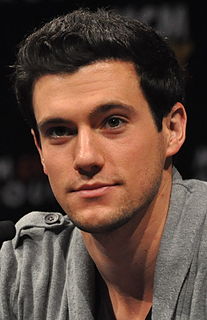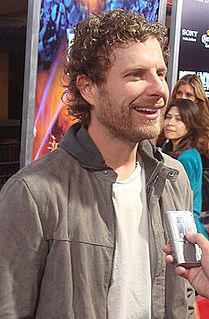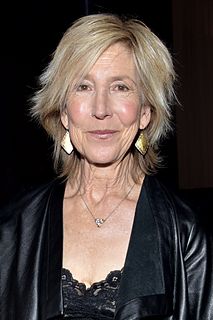A Quote by Drew Roy
To be completely honest, I just like whatever tells a good story. Put me in whatever setting, scenario, genre. If you're telling a good story, it's great and it's fun to get caught up in.
Related Quotes
I think that people have to have a story. When you tell a story, most people are not good storytellers because they think it's about them. You have to make your story, whatever story it is you're telling, their story. So you have to get good at telling a story so they can identify themselves in your story.
I get up in front of a bunch of kids and say 'Hey, I'm gonna tell you a new story. Who wants to be in a new story?' Well some kid always sticks up their hand and that gives me a name, but it doesn't give me a story. I just say whatever comes to my mind and usually it's not that good. Every once in a while, however, I say something that turns into a really good story.
The beauty of the horror genre is that you can smuggle in these harder stories, and the genre comes with certain demands, but mostly you need to find the catharsis in whatever story you're telling. What may be seen as a deterrent for audiences in one genre suddenly becomes a virtue in another genre.
When an acting teacher tells a student 'that wasn't honest work' or 'that didn't seem real,' what does this mean? In life, we are rarely 'truthful' or 'honest' or 'real'. And characters in plays are almost never 'truthful' or 'honest' or 'real'. What exactly do teachers even mean by these words? A more useful question is: What is the story the actor was telling in their work? An actor is always telling a story. We all are telling stories, all the time. Story: that is what it is all about.
The Universe story is the quintessence of reality. We perceive the story. We put it in our language, the birds put it in theirs, and the trees put it in theirs. We can read the story of the Universe in the trees. Everything tells the story of the Universe. The winds tell the story, literally, not just imaginatively. The story has its imprint everywhere, and that is why it is so important to know the story. If you do not know the story, in a sense you do not know yourself; you do not know anything.
Most of all, the ultra distance leaves you alone with your thoughts to an excruciating extent. Whatever song you have in your head had better be a good one. Whatever story you are telling yourself had better be a story about going on. There is no room for negativity. The reason most people quit has nothing to do with their body.
I know a good story from a bad story. But when you have a really good story and they make it bad, I'll say to my wife, "Oh, tonight, I'm going to enjoy watching television because I did great, and wait until you see this." And then, they put it on and it's like - oh, that's not so good. They are fake news.
My parents telling me that if there is a story you feel compelled to share, then you are responsible for doing that. You can't ask someone else to take on that story - or you can, but you have to deal with whatever the fallout is. If the story doesn't end up being told the way you originally heard it or that you feel it needs to be expressed, that's on you.




































